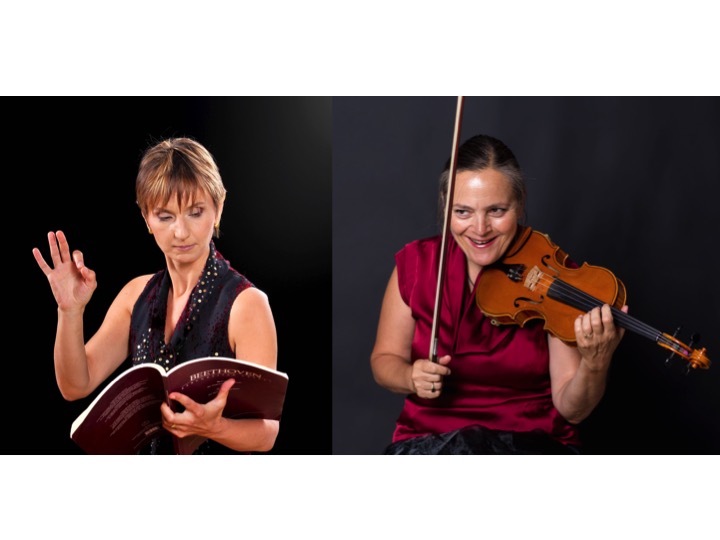
Violin and piano recital
Date: Sunday 27th June 2021
Time: 4pm
Venue: Maldon Festival 2021
Location: St Mary's Churchyard, Church Street, Maldon, Essex, CM9 5HP
Artists: Krassimira Jeliazkova-Jones - Violin
Elizabeth Mucha - Piano

Louis Spohr Potpourri on Themes from ‘Die Zauberflöte’, Op 50
Ludwig van Beethoven Sonata for piano and violin in C minor Op. 30, No 2
Allegro con brio – Adagio cantabile –
Scherzo & Trio – Finale: Allegro
INTERVAL
